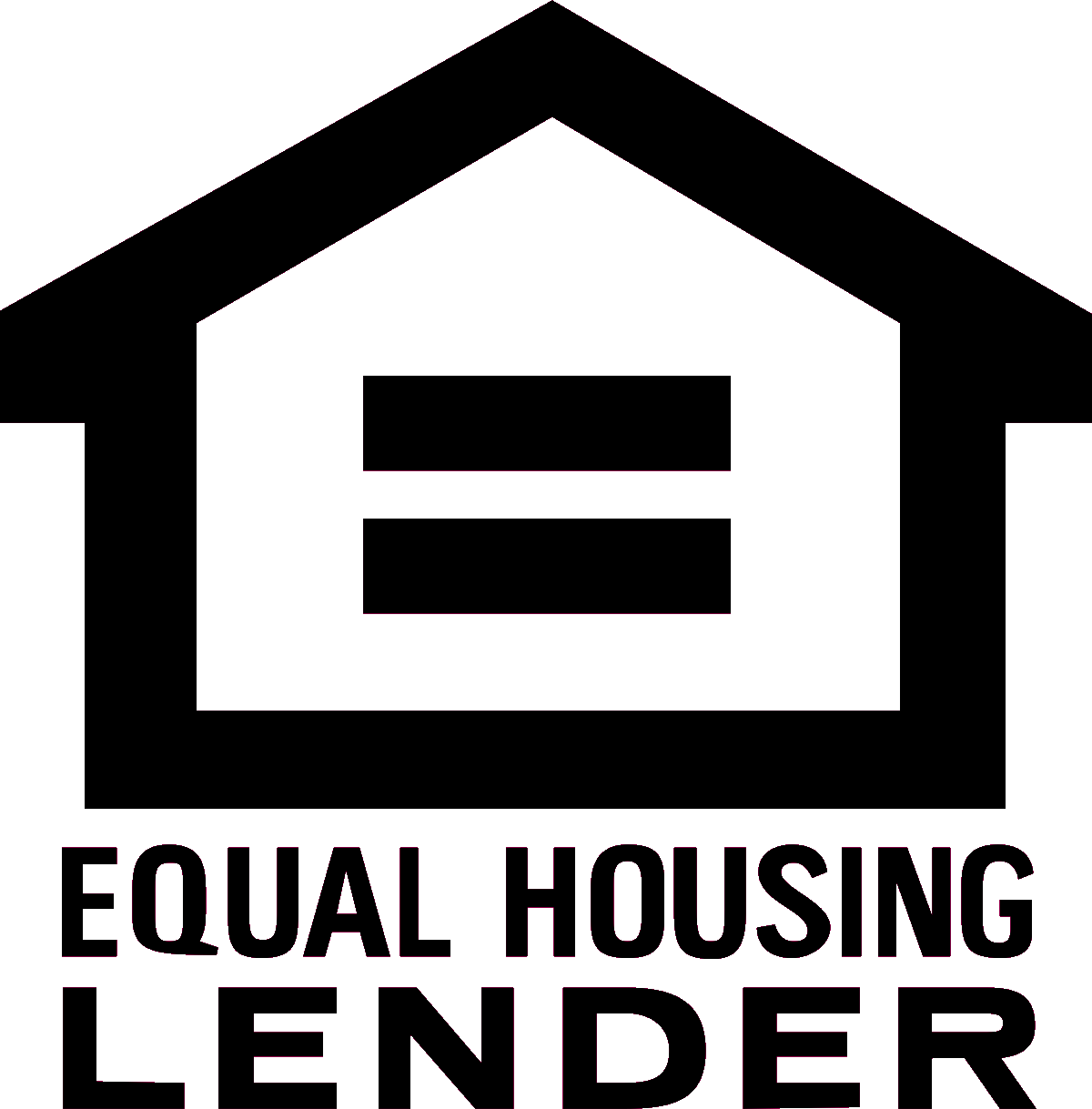Common Mortgage Questions
 What's the difference between a mortgage broker and a retail lender?
What's the difference between a mortgage broker and a retail lender?
A mortgage broker counsels you on the loans available from different wholesale lenders, takes your application, and processes the loan. This involves documenting and verifying your income, employment, credit, assets, property value, and more. A retail lender works for a wholesale lender or bank and typically offers loans from only one source.
 Will I save money going directly to a retail lender or bank?
Will I save money going directly to a retail lender or bank?
Generally, no. Brokers receive wholesale pricing that you cannot get from the bank yourself. In fact, a recent study by Dr. Gregory Elliehausen of the Georgetown University Credit Research Center concluded that brokers generally give consumers better deals on home mortgages than banks. The study shows that because of competition brokers tend to pass their origination cost advantages to the consumer.
 What is the best loan for me?
What is the best loan for me?
This question has many variables to consider in answering it. What are your plans for the home? Will you be living in it for 2 years, 5 years, or the rest of your life? Do you have money for a down payment? These are but a few of the questions that will help us help you find the right loan program. Homebuyers click here and homeowners click here to read more information about many of the loan programs we offer.
 When does it make sense to refinance?
When does it make sense to refinance?
Refinancing can save you money if you are lowering your rate, payment, term, or a combination of these factors. It is also a way to convert an adjustable loan to a fixed rate loan or to consolidate debts. If you are looking to save money, you can estimate how quickly refinancing will pay off by dividing the loan costs associated with refinancing by your monthly savings. Try our mortgage calculator or give us a call if you would like assistance.
 What documentation do I need to provide?
What documentation do I need to provide?
Conventional loans require you to provide proof of your income (W-2's, pay stubs, and tax returns if you're self-employed) and your assets (account statements). If your income isn't regular or is hard to document, we have creative loan programs that allow us to prove you can repay the loan using alternative documentation, such as bank deposits. For investment properties, we can use the cash flow from the property to document your ability to repay the loan.
 What if my credit isn't perfect?
What if my credit isn't perfect?
We offer many loan options for people with damaged credit. The loan terms available depend on factors other than just your credit score, so give us a call to discuss your specific situation.
 Do I need a down payment?
Do I need a down payment?
A down payment is not required for all loan programs. We offer some specialized programs, such as the VA loan and the USDA Rural Development loan, that allow up to 100% financing. Click here to read more information about our many loan programs.
 What is the loan going to cost me?
What is the loan going to cost me?
This depends largely on the type of loan program you choose. We offer loan programs that require no out-of-pocket expenses. When you are ready to apply, we will prepare a detailed estimate that lists all your loan costs and identifies who will receive the money.
 How long does it take to close a loan?
How long does it take to close a loan?
Closing a loan usually takes 15 to 30 days depending on the details of the transaction. Closing occurs more quickly when information is received in a timely manner and the supporting documentation, such as the title commitment, appraisal, and survey, are performed at our direction. If time is of the essence for your loan, it is important to have all your documentation ready when you contact your loan officer.








